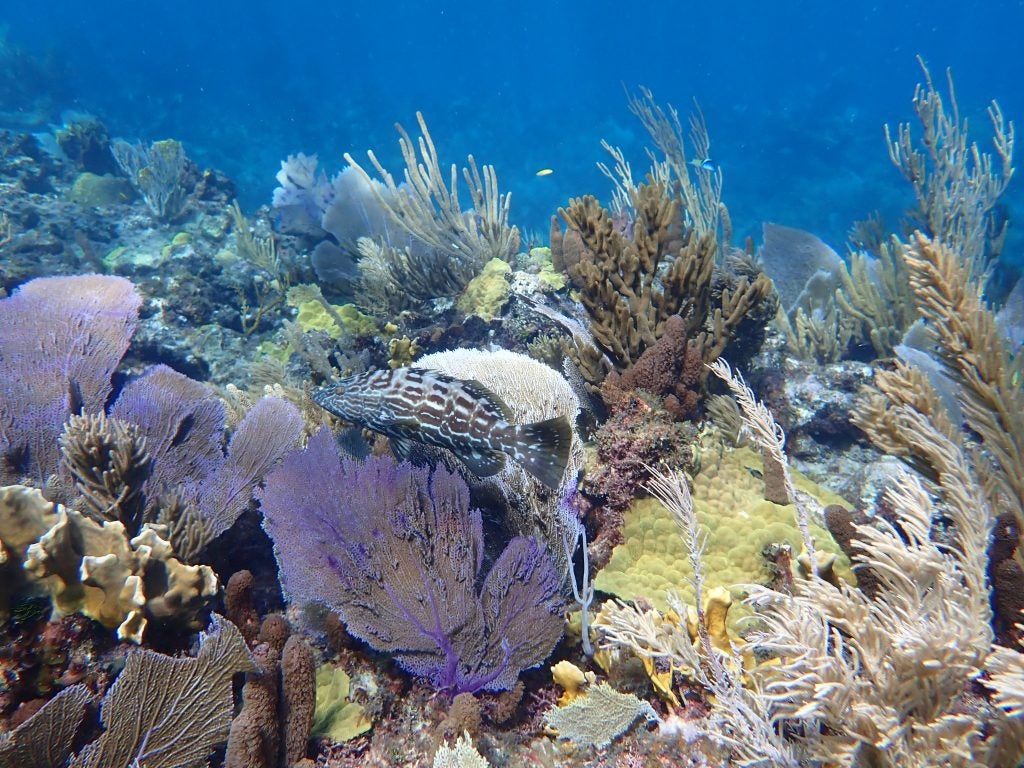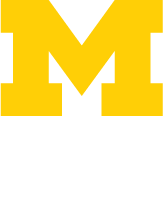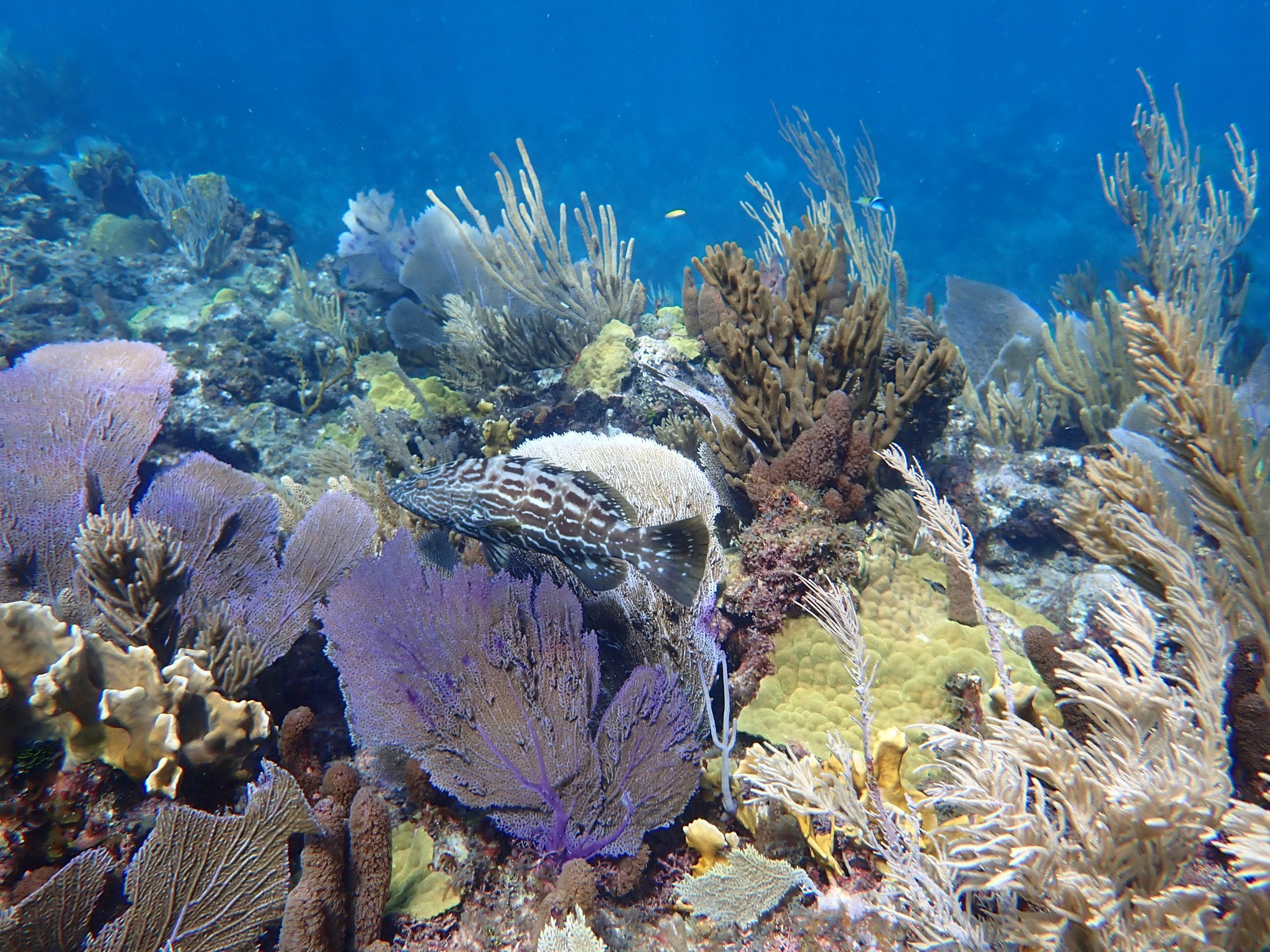by Katrina Munsterman, Ph.D. student in the Coastal Ecology and Conservation Lab in EEB

Stay neutral. Steady breathing. Focused vision. Check your gauges. Swim straight. Lay the transect tape. Check for eels. Identify and count every.single.fish. Stay neutral.
Learning how to scientific dive was no simple feat, but I knew that it was necessary to study the world beneath the waves. I honed these skills for marine ecological research over the near decade I spent studying reefs in French Polynesia as an undergraduate student, research technician, and master’s student.
When I began working in the South Pacific, my mentors stressed the importance of naturalizing in this system that was new to me. There seems to be general consensus among ecologists: take the time to swim around the reefs, walk through the old-growth forests, and stand on the edge of bogs. This time allows us to build an understanding of the system first through our own eyes before conducting any observational studies or setting up experiments.
As I begin my PhD research in a new island nation and new ocean basin, I realize how important it is to take the time to acquaint myself again. I had the opportunity to travel to The Bahamas for the first time in late 2020. Swimming on the reefs, it felt like meeting old, distant friends – the corals, the fishes, the algae – all similar, yet different from their Pacific relatives. I’m grateful for the time and space I had to spend on the coral reefs, seagrass meadows, mangrove forests, and tidal creeks in my new research ‘home’.

My PhD research aims to better understand the links between fish production and fishing communities. Although I am an ecologist by training, I will be conducting a social science study to track the recovery of fishing communities following Hurricane Dorian, one of the largest hurricanes ever recorded in the Atlantic. Much like naturalizing with the ecosystems, I recognize how important it is to take the time to meet Bahamian people: to listen to their stories, to learn about the history of fishing, to hear about the struggles and pains caused by past natural disasters, and to give them the space to share their visions of the future. It’s hard to not feel a bit overwhelmed by all that I have to learn before I can even consider helping to tackle large-scale social-ecological problems. But I must remember, similar to scientific diving, it’s all a process. Steady breathing. Take it all in, and know that you are working towards something every day.


